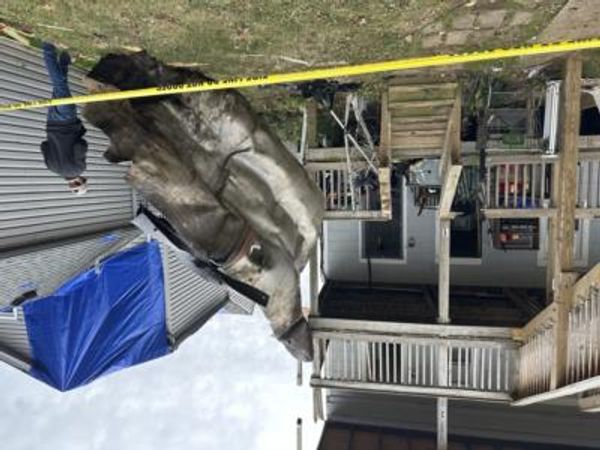
Geneva (AFP) - The UN agency for Palestinian refugees appealed Tuesday for $1.6 billion for its work in 2023, and called for Arab countries especially to show more solidarity.
UNRWA -- which provides services to nearly six million Palestinians registered in the Palestinian territories, including Israeli-annexed east Jerusalem, as well as in Jordan, Lebanon and Syria -- warned that "compounding challenges" had placed it under "immense strain".
The agency, which counts nearly 30,000 staff -- most of them Palestinian refugees -- runs more than 700 schools that offer education to half a million children, and provides health, sanitation and social services, including food and cash assistance.
Out of the $1.6 billion requested, UNRWA said $848 million was needed for such core services.
It said another $781.6 million was needed for emergency operations.
UNRWA warned that the needs have been skyrocketing as global crises, inflation and disruptions in global supply chains have contributed to surging poverty and unemployment levels among Palestinians.
But despite growing needs, its budget and the amount appealed for have not budged for three years, amid an unwillingness by donors to boost funding levels.
'Glass ceiling'
UNRWA chief Philippe Lazzarini launched the appeal at a meeting with donors in Geneva, explaining that what the agency was asking for was really the minimum required.
"We can ask the double, but...the resources over the last 10 years have stagnated," he told AFP.
"There is a kind of glass ceiling, which shows that there hasn't been a readiness to go beyond this."
He pointed to general donor fatigue at a time when multiple global crises are competing for attention and funds.
"It is not very popular, politically, in donors countries to substantially increase support to UNRWA," he said.
UNRWA has long faced chronic budget shortfalls, which worsened dramatically in 2018 when former US president Donald Trump cut support to the agency.
His administration branded UNRWA "irredeemably flawed", siding with Israeli criticisms of the agency founded in 1949, a year after Israel's creation.
US President Joe Biden's administration has fully restored support, providing $340 million in 2022, making it the agency's largest donor.
But UNRWA is still struggling.
'Tipping point'
Last year, it raised less than $1.2 billion of the $1.6 billion it had appealed for, Lazzarini said.
"It is true that in 2022, we succeeded to keep all our services running for the Palestinian refugees," he said, adding though that this "came at a cost, at a very high cost."
"For the fourth consecutive year, we are ending with a large deficit of above $70 million."
Lazzarini called especially on Arab countries to translate the solidarity they often express with the Palestinians "into tangible and substantial resources to UNRWA."
In 2018, Arab countries represented 25 percent of the agency's budget, but their share had since shrunk to three percent in 2021 and four percent last year, he pointed out.
He said UNRWA desperately needed "a more sustainable model of funding."
"We cannot and should not be always scrambling to bring in funds to cover our contribution to human rights and stability."
He warned that UNRWA was in "a danger zone" and risked reaching "a tipping point."
That "would most likely lead to the suspension of activities, which in such a volatile region ...is certainly not the best recipe."







